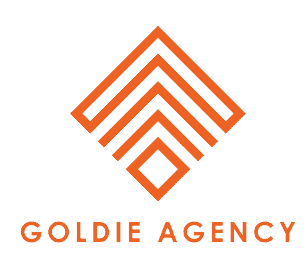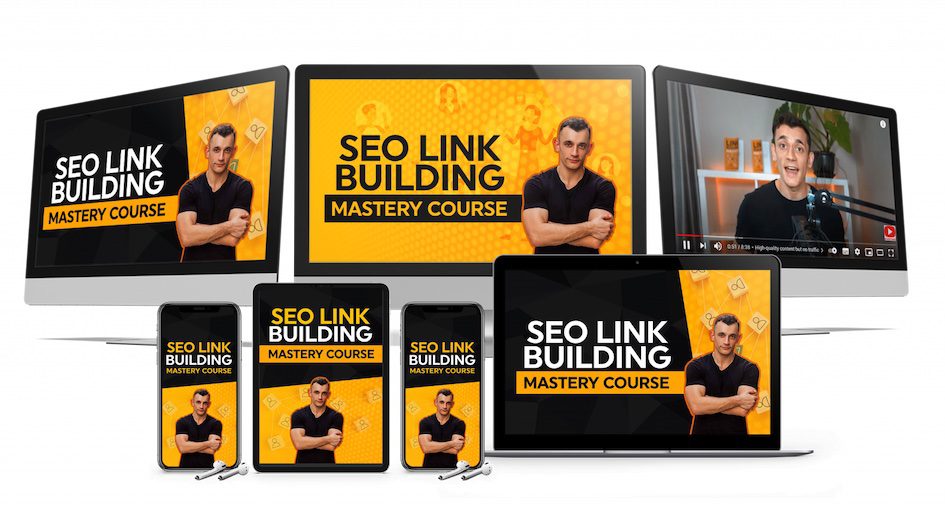Contextual backlinks are one of the most powerful weapons in your SEO arsenal.
They can help you increase rankings and generate more traffic for your site, but what exactly is contextual backlinking?
Let’s find out!
DISCOUNT! 🔗Order backlinks here & save 10% with the code 10OFF👉
What Are Contextual Backlinks?
Contextual backlinks are links that are placed on a web page that is relevant to the content of your site.
They can be within the text of the page, in a resource box, or in the author’s bio. They can also be within images, videos, and any other type of content that is on the page.
For example, say you have an online store that sells running shoes.
A contextual backlink would be a link to your site on another page that is about running shoes or sports.
The key is that it must be relevant. Contextual links are most effective when they connect to your site from other relevant web pages.
Here’s an example of a contextual link to my homepage from a guest post I did on Cloudways

Why Are Contextual Backlinks Important? What are the benefits?
Back in the early days of SEO, all you really had to worry about was optimizing your on-page content and building as many links as possible.
It didn’t matter where those links came from or what page they were placed on; just build them and you were good to go.
SEO has changed a lot since then, though. Google now takes hundreds of factors into account when it comes to determining your rankings and it’s much harder to rank without quality backlinks.
Today, contextual links are regarded as one of the most powerful ways you can increase your rankings and generate more traffic for your site.
Because when a link is placed in context alongside relevant content it has a greater chance of being clicked than an outbound link on its own.
Here’s a list of benefits that contextual link building can bring to your site:
- Increased Rankings
- More Traffic
- Improved SEO Efforts
- Greater Brand Visibility
- Improved Conversion Rates
- Social Proof
What Makes Contextual Links So Powerful?
Google uses contextual backlinks to determine how authoritative and relevant a certain web page is.
They want to make sure that the content on your site (and everywhere else) is accurate, useful and engaging for users.
That’s where contextual links come in.
By placing links to your site on relevant pages, you’re telling Google that your content is worth ranking and that it should be included in the search results.
In addition, when someone clicks on one of your contextual backlinks, it sends a strong signal to Google that your content is valuable and that it should be ranked higher in the search results.
To put it simply, when you get a contextual backlink from another relevant webpage it tells Google that your site is valuable and trustworthy.
And when you have more of these high-quality links pointing to your pages, the higher up in search engine results you will rank, for relevant keywords.
What is contextual link building?
Contextual link building is the act of earning links to your site from other relevant web pages.
The key is to create content that is so good and engaging that other webmasters will want to link to it from their own pages.
You can also reach out to relevant bloggers and website owners and ask them to include a link to your site in one of their articles or blog posts.
Where To Find Contextual Links?
There are several ways to find contextual backlinks for your site.
You can use a tool like Ahrefs, Majestic, or Moz Link Explorer to check who is linking to other similar websites in your industry.
Then you can reach out and ask them if they would be willing to include a link on their page that points to one of your blog posts.
You can also use a tool like BuzzSumo to find the most popular content in your industry and reach out to the authors with an offer for guest posting.
The most important thing is to be proactive and reach out to other webmasters and bloggers with an offer of providing value in exchange for a contextual link.
How To Get Started With Contextual Link Building?
When Building Links, Quality is More Important Than Quantity
As I mentioned earlier, SEO has changed a lot in the last few years and Google now values quality over quantity.
That means that simply building as many links as possible no longer works.
Instead, you need to focus on building high-quality links from authoritative sources.
To get started, you need to create content that is worthy of being linked to.
Make sure your content is accurate, informative, and engaging.
Then do some outreach to bloggers and website owners in your industry and offer them a chance to link to your content.
If you can create high-quality content that people will want to share, you’ll be well on your way to building powerful contextual links.
Here are a few resources to help you get started:
- 5 Link Building Tips For Beginners | A Full Tutorial For Link Building
- Link Building for Beginners (Complete Guide)
- Link Building 2022: How To Use HARO For Backlinks
- 15 POWERFUL Link Building Strategies To Rank Higher On Google
- 3 Tried, Tested And Proven Link Building Techniques To Land Backlinks Fast
How to Determine the Relevance and Context of Backlinks?
If you’re serious about SEO and link building, you’ve undoubtedly heard the term “link relevance” before.
But, what exactly makes a backlink relevant, and how can you acquire high-quality links? How do search engines evaluate link relevancy?
What is Link Relevance?
Linke relevancy (or link relevance) is the measure of how relevant the links are to and from your site.
For example:
A link from a digital marketing website (specifically SEO) to mine would have a high relevancy score.
However, a link from a website that sells dog collars to mine would not have as much relevance and therefore, could hurt me rather than help my SEO efforts.
Why Does Link Relevance Matters For SEO?
Contextual links are one of the most important factors in Google’s ranking algorithm, and link relevancy is a big part of that.
A high-quality, relevant link to your site can boost rankings and increase traffic from search engines.
This is because Google wants the most relevant content possible in their results, so having links that point to similar relevant sites lends legitimacy to those pages and shows Google that they are worthy of being ranked highly.
The Bottom Line
Contextual links are an important part of any SEO strategy, and relevance is one of the most important factors in Google’s ranking algorithm.
If you want to rank higher in search engines, you need to focus on building contextual links from high-quality sources.
The best way to do that is by creating content that is worthy of being shared and linked to. Or by working with a reputable link building agency that has experience with contextual link building.
Good luck!
If you need help with your SEO, be sure to contact us. My agency specializes in white hat SEO link building that can help you rank higher in search engines.
FAQ
What are contextual SEO dofollow backlinks?
Contextual SEO dofollow backlinks are dofollow links that point to your website from other websites in the same niche. Dofollow links are links that pass SEO juice (link authority) to the target site. Contextual links are important for SEO because they help to improve the relevance and authority of your website.
What is a backlink?
A backlink is simply a link from one website to another. In terms of SEO, backlinks are an important factor in determining a website’s rank in search engine results pages (SERPs). The higher the quality of the backlinks a website has, the higher it will rank.







